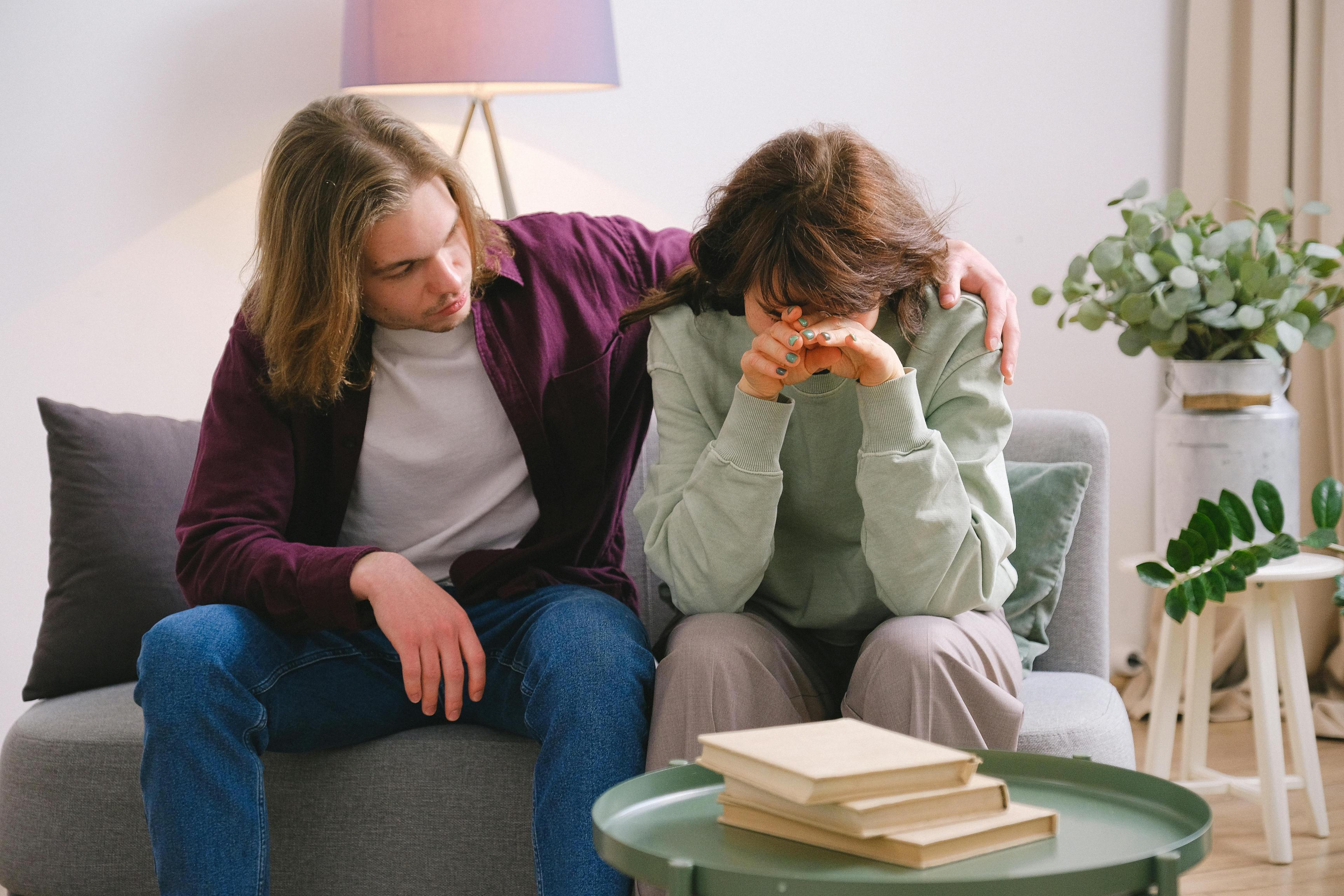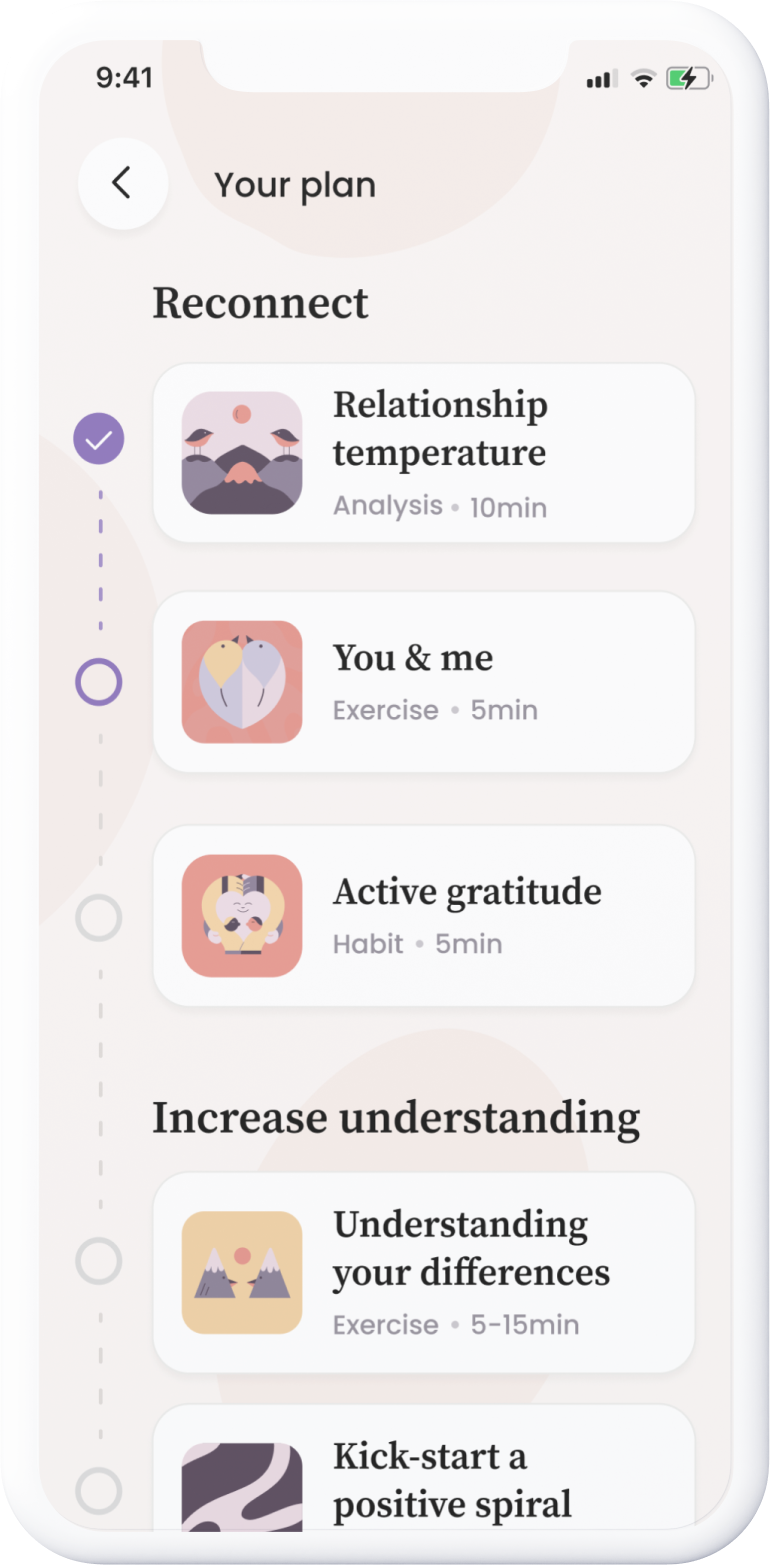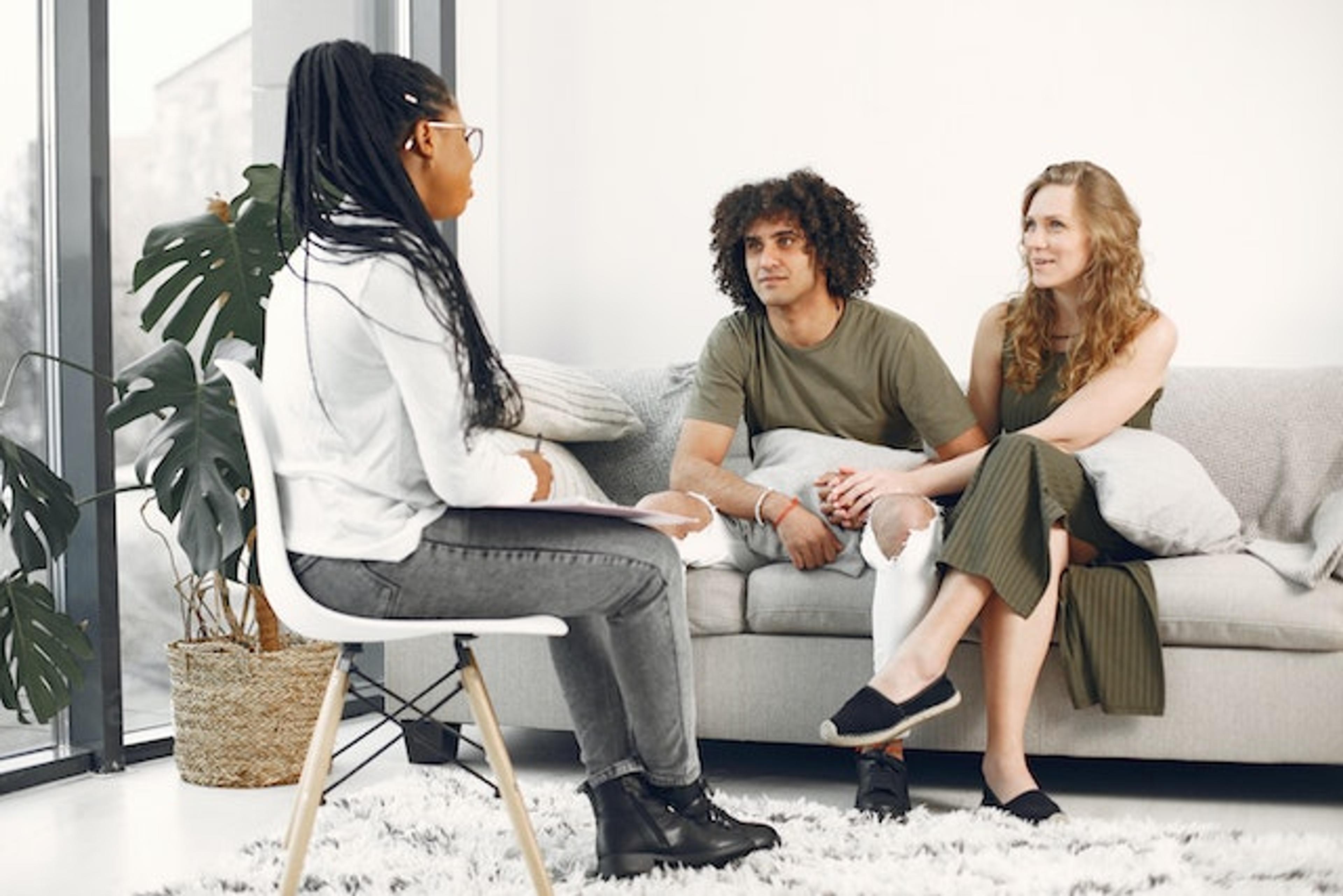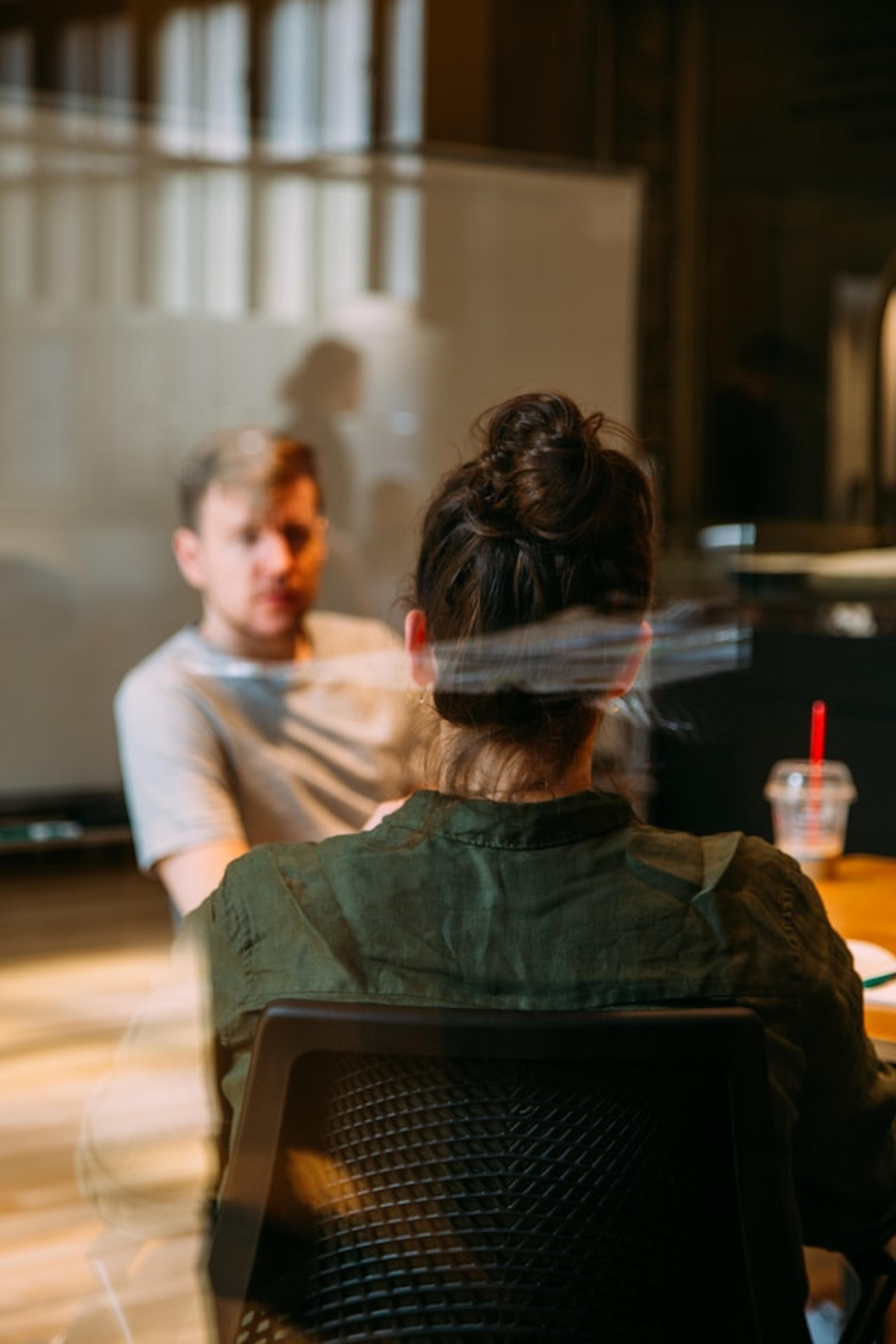
Learn more about how to manage relationship issues- either with the help of a psychologist or through tools to address them on your own. Having close relationships is an important aspect of being human.
We all have relationships, whether they're romantic relationships, friendships, relationships with colleagues, or family relationships. But sometimes, these relationships can become tense and lead to a decline in our well-being. It can be difficult to handle and work on relationship problems on your own, and that's where psychologists can help.
Relationship issues can involve a variety of things. Some examples of relationship problems include conflicts between individuals, communication difficulties, trust issues, and emotional or physical distance. Regardless of the issue, it can lead to stress, anxiety, anger, and sadness for those involved.
Seeking help from a psychologist for relationship issues
Getting help from a psychologist can really help couples who are going through tough times and want to work with their relationship. Psychologists are trained to help people understand the root causes of their issues and work together to find solutions. Regarding relationship problems, it's typical for both partners to schedule sessions together with a psychologist, known as couples therapy.
One way psychologists can help with relationship issues is by teaching people to communicate better. It can be challenging to express feelings and needs in a way that is clear and respectful. In couples therapy, psychologists can help people communicate more effectively and learn to actively listen to each other.
Psychologists can also help the couple rebuild trust and confidence in each other and manage conflicts in a more healthy way. Conflicts are a natural part of relationships, but it's possible to argue without negative consequences.
Seeking help from a psychologist can be a difficult decision to make. It can feel uncomfortable to seek help from a third party, and for some, it feels like a failure to need help. There are also self-help tools for relationships developed by psychologists, where you don't physically have to meet with a third party.
How can a psychologist help with relationship issues?
When seeking help from a psychologist for relationship problems, it usually involves couples therapy. Couples therapy is a form of therapy that focuses on helping couples solve problems in their relationship. This means that the couple meets with a therapist several times. The therapist can be a psychologist or another professional with appropriate training, such as a social worker with further training in couples therapy.
During couples therapy, the psychologist/therapist works to identify the problems in the relationship and help the couple develop strategies to solve them. It's largely about helping the partners understand each other's perspectives and needs and finding common ways to move forward. Couples therapy can be useful for couples experiencing different types of problems in the relationship. For example communication problems, conflicts, difficulties in cooperation, issues with sex/intimacy, and difficulties in building and maintaining trust.
Contacting a psychologist for help with relationship problems may also be relevant for couples considering ending their relationship or wanting to work on improving their relationship after a crisis. Common crises include major betrayals, such as infidelity.
It's important to note that couples therapy doesn't always lead to saving or improving a relationship. However it can help couples gain a better understanding of each other and their relationship. Seeking help from a psychologist for relationship problems can provide couples with tools and strategies to manage conflicts in a healthier way.
When to seek help from a psychologist for relationship issues
Relationship issues are common, with about 1 in 3 couples experiencing problems in their relationship. But when is it time to seek help and can relationship issues be solved? Here are some signs that it may be time to seek help:
- It has become increasingly difficult to return to the feeling of closeness and warmth. Most couples argue occasionally, which is normal. However, if you swiftly resolve conflicts and return to feeling good, it's likely not a big issue. But if you're stuck in a tense atmosphere for hours or days afterward, it can harm your well-being and may worsen over time.
- You get stuck in the same patterns over and over again without making progress on your own. If you have the same conflicts in certain areas where understanding hasn't improved over time and these conflicts have become more intense and easily triggered. Then seeking help from a psychologist or couples therapist may be necessary to break the pattern.
- You engage in destructive behaviours towards each other. Such as frequently criticising each other or speaking in a contemptuous manner towards each other.
- You don't communicate and distance yourselves from each other. If avoiding important discussions has become a common pattern in the relationship due to fear of conflict or creating a bad atmosphere, seeking help may be necessary.
Work on relationship problems on your own
If the problems in the relationship aren't so significant that it's time to seek help from a psychologist, you can start working on your own. One way to do this is to try the Ally app. With the support of evidence-based methods from couples therapy, you receive assistance in identifying, understanding, and addressing your relationship issues.
After looking into how your relationship works through the initial relationship analysis, you'll learn more about how to strengthen your relationship by using the exercises in the app. Ally was developed by licensed psychologists Clara Zelleroth and Helga Johnsson Wennerdal to make the methods they work with in couples therapy more accessible.
Starting to work together with an app can also be suitable if one in the relationship wants to go to couples therapy but can't get their partner to join. Downloading and approaching the exercises on your own can be considered a positive first step. If you can't get your partner involved at all, it's also okay to use the app entirely on your own.








